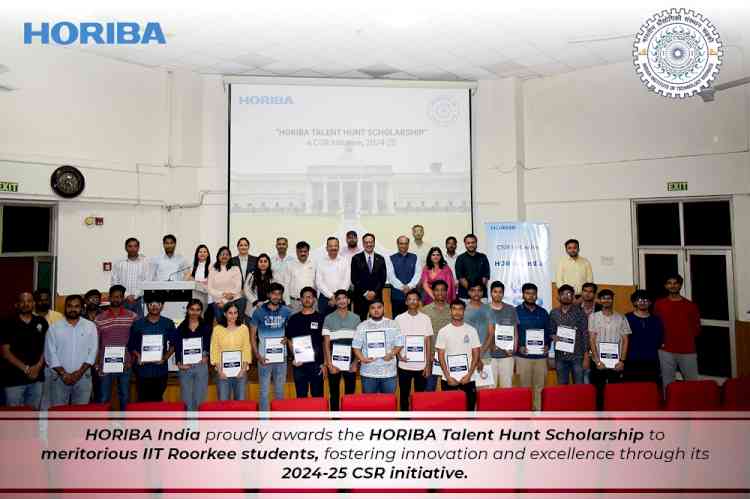Corporate Social Responsibility fund sanctioned to BioNEST- Panjab University
Having such useful facilities on-board as a part of the incubator will encourage more startups to come

Chandigarh: BioNEST- Panjab University, a leading bioincubator of North India, has received funds amounting to Rs 15 Lakhs under the Corporate Social Responsibility funding from Fresenius Kabi Oncology Limited, Gurugram. FKOL is a public company known for its world-class R&D and manufacturing of oncology drugs. The company has been in a cooperative relationship with the incubator since 2017 and has sanctioned a sum of Rupees 65 lakhs till date for the establishment of various facilities at BioNEST-Panjab University campus.
The incubator has now been sanctioned the installation of the Quantitave PCR/ Real time-PCR facility by FKOL in its Fourth phase. The real time PCR forms a basis of many advanced molecular biotechnology techniques and more recently as an analytical system during the Pandemic. The BioNEST-PU has also very recently got a 250-liter scale bioreactor installed at its scale up facility, and thus this system will form a unique platform for the scale up of recombinant systems for high-value commercials’ production.
“Having such useful facilities on-board as a part of the incubator will encourage more startups to come and work independently for the product development which otherwise is a far-fetched dream for young startups. We also hope and wish for more industrial collaborations flowing towards the university in near future.” shared Prof. Raj Kumar, Vice Chancellor, Panjab University.
Dr. Rohit Sharma, the Project Leader of BioNEST-PU also informed that the Quantitative PCR facility will be used by microbiologists, incubatees, other scientists, faculty and other researchers working in the fields of food safety, food spoilage, molecular biology, analytical systems and fermentation and for the microbial risk assessment of water quality (drinking and recreational waters) and in public health protection. The facility will be connected to the Bioprocess laboratories of the incubator, preceding the scale-up facility, to confirm the samples with the desired activity which will be scaled up (at 7-, 25- or 250- liter scale as per the need of innovators/ startups/ researchers) and then taken through a suitable route for complete down-stream so that refined products can be brought on-table within one single incubation facility.


 cityairnews
cityairnews 








